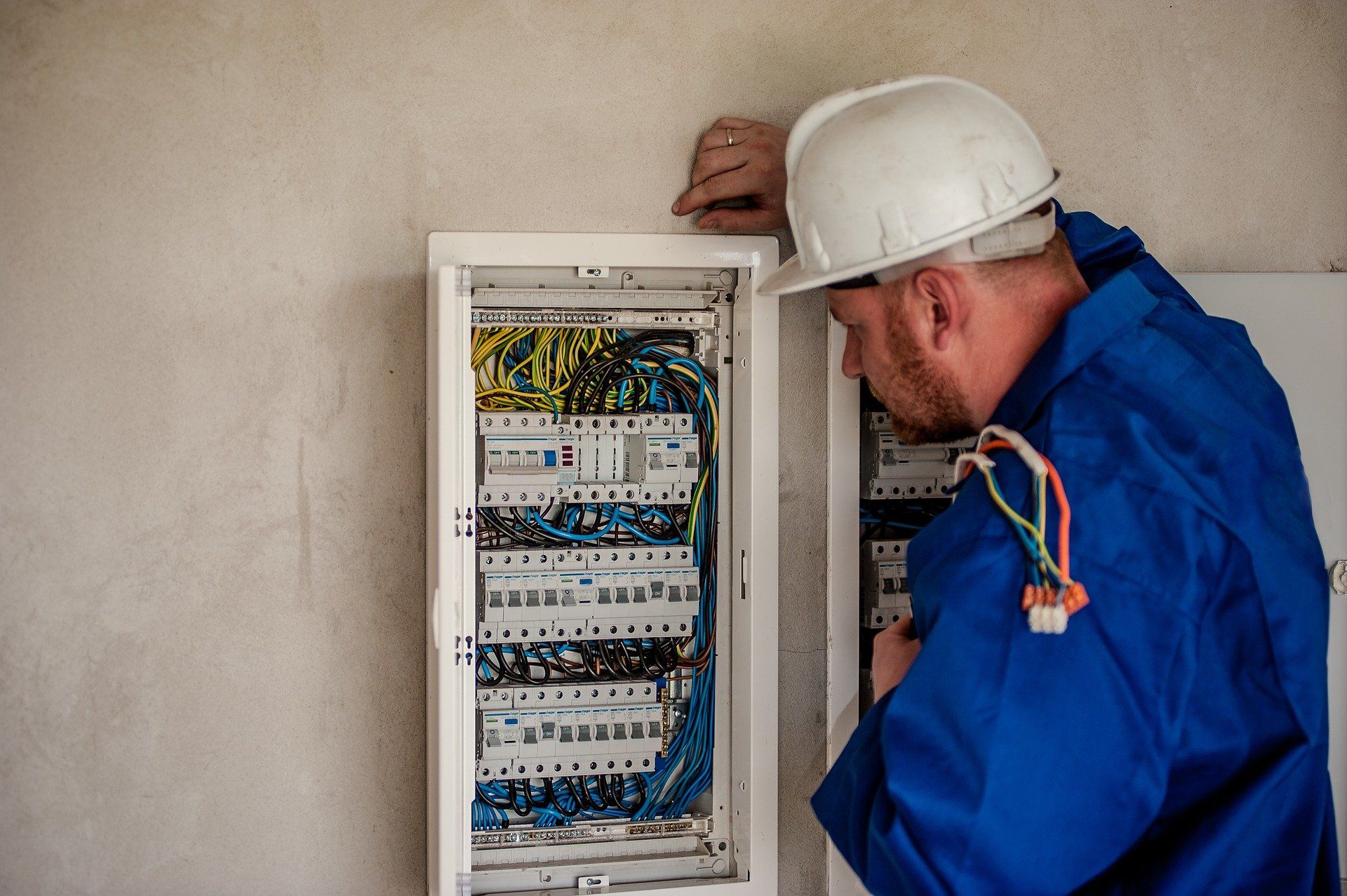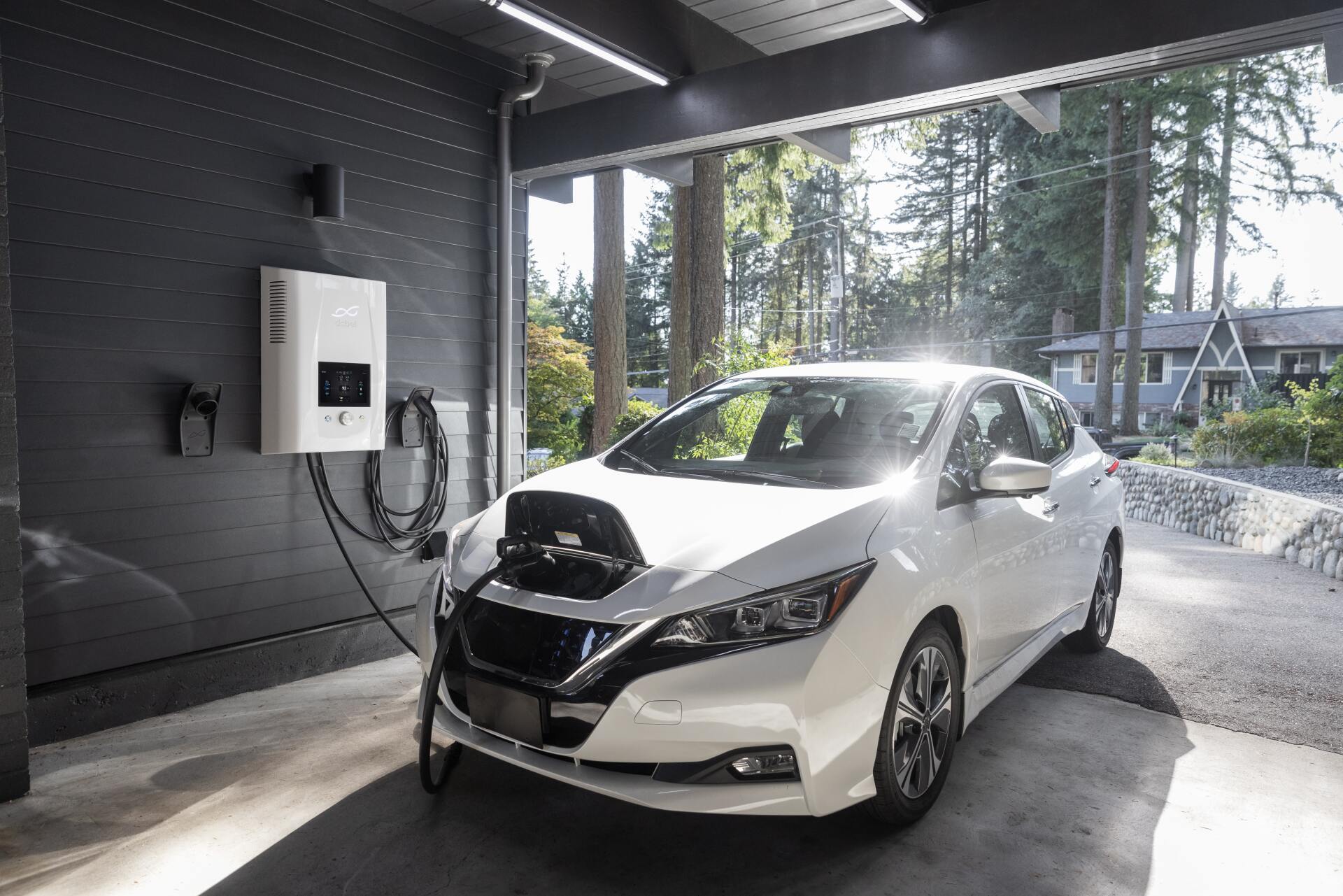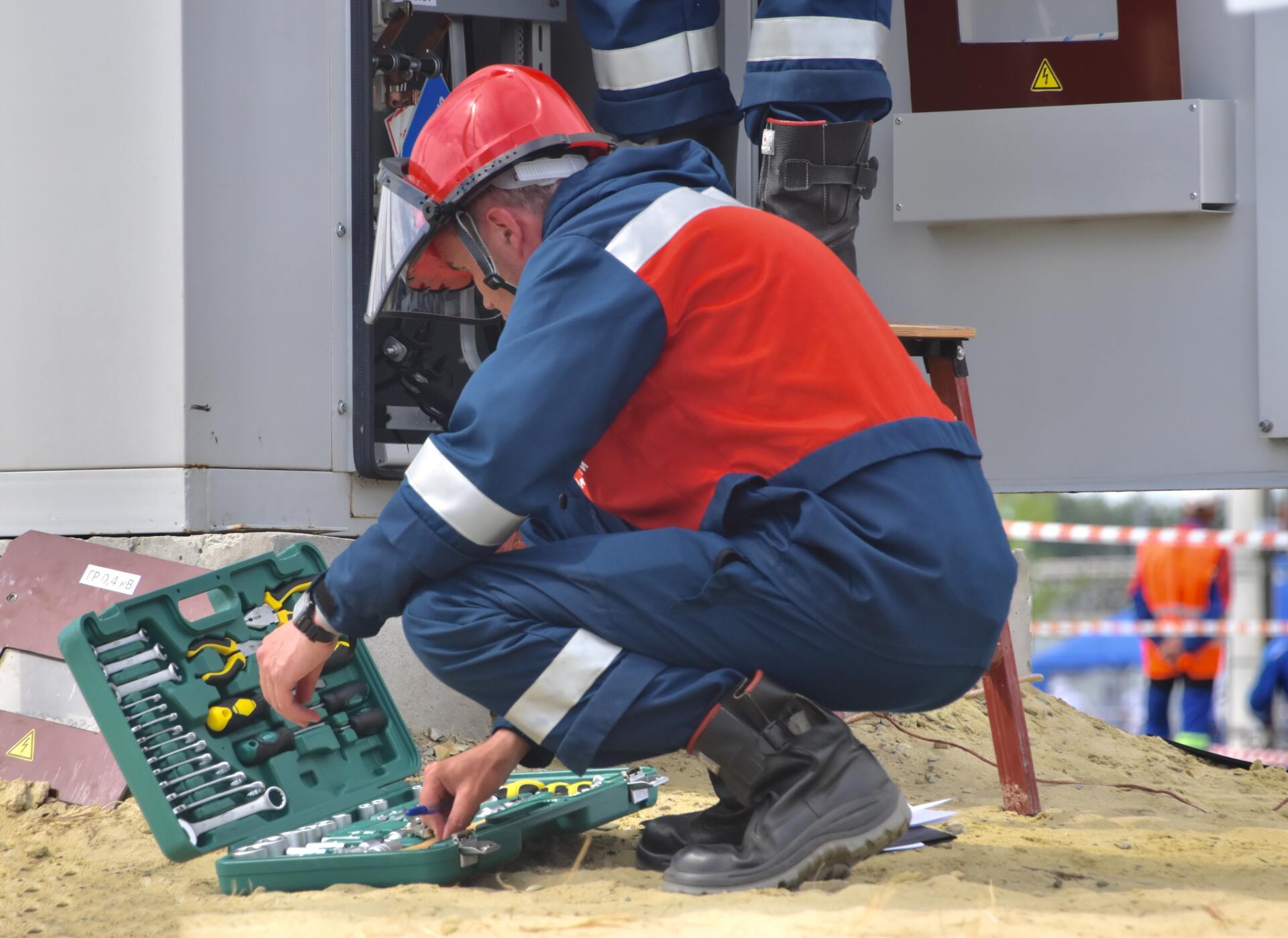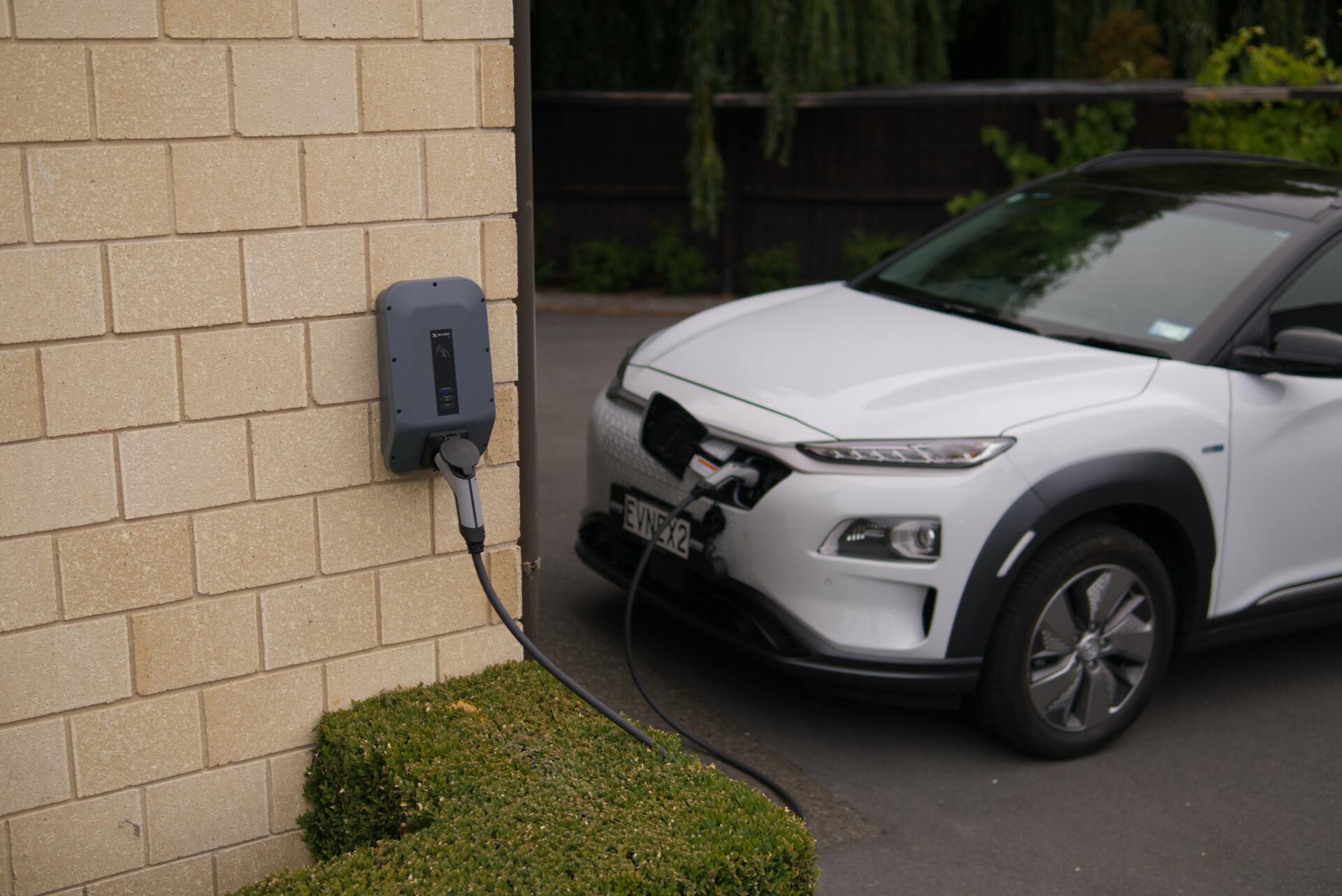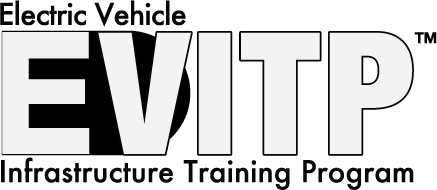Is An At-Home Electric Vehicle Charger Worth The Investment?
Wondering about an electric vehicle charger install? If you love Teslas or want to buy another kind of electrical vehicle, you should purchase an at-home electrical vehicle charger. You'll be able to charge your vehicle quickly and won't have to find a public charging station.
Installing a home electric vehicle charger isn't common. So is it worth doing? We've put together this helpful article on residential EV charger installs so that you can decide if this is a right choice for you.
The 3 Levels of At-Home Charging Stations
There are three kinds of electrical vehicle charging stations: Level 1 electrical vehicle supply equipment, Level 2 EVSE, and Level 3 EVSE.
Level 1 EVSE
A Level 1 EVSE only requires you to have between 110-120-volt AC power in your home. This level is the slowest of the three options. The EVSE may charge your vehicle at a rate of up to five miles per hour.
An L1 EVSE is best for those who have plug-in hybrid vehicles rather than fully electric vehicles. An L1 EVSE may take about 20 hours or longer to fully charge your vehicle.
Level 2 EVSE
A Level 2 EVSE is the bare minimum most electricians suggest for electric vehicle owners. L2 EVSEs charge more quickly. Depending on the kind of vehicle you're using, you may need only as little as four hours to fully charge your car.
Instead of using a 120-volt outlet, L2s use 240-volt outlets. The higher current helps them charge your vehicle faster, but you may need an electrical panel upgrade to install a 240-volt outlet in the right location for your vehicle.
Level 3 EVSE
Though rare, the L3 EVSE does exist. These are the fastest available and use direct current (DC) power to charge a vehicle. Dead batteries can be restored within 30-60 minutes with a Level 3 EVSE charger. However, these chargers are more common in commercial settings rather than residential.
Is An At-Home Electric Vehicle Charger Worth The Investment?
The simple answer to this question is yes. Do you want to both save energy and charge your vehicle without heading to a charging station? Installing an at-home electric vehicle charger is the right choice.
People often go through with an EV charger install expecting to charge their vehicles overnight. At home, you may need to charge your vehicle overnight to get it to a full charge, but in public, it may take only an hour or two. Though at-home charging is not always s strong as public EV charging, you should still make the investment.
1. Home Charging Gives You More Control
Home charging allots homeowners with notable control. Instead of going to a public charger, you can charge your vehicle in your garage. Once installed, the EV charger doesn't require much more time or planning than it would take to fill up at the gas pump. You won't have to make any additional stops while running errands or driving around.
2. You Can Have an L2 Charger Installed
Home charging requires at least a level 2 charger if you have a fully electric vehicle. This is a 240-volt source that charges your vehicle enough to get out and drive with just a few hours of charging.
You may need to have your electrical panel upgraded to have an L2 charger installed in your home. The volt circuit used for Level 2 EV chargers is like what home clothes dryers require.
What Are the Drawbacks of At-Home EV Charger Installs?
There are a few drawbacks to using EV chargers at home. The most significant is that many people don't have access to Level 2 chargers at home. They may have ordinary 120-volt outlets that are only classified as Level 1 chargers. These add only a few miles' worth of driving range per hour. This is far below the Level 2's anticipated miles per hour.
Level 1 chargers aren't usually powerful enough to recharge a vehicle to full overnight unless you only drive very short distances. However, if you travel only one or two days a week and stay close to home, they can work well.
Homeowners that currently only have standard 110-120 volt outlets can contact Vine Electric if they wish to install a Level 2 charger. We'll take care of your residential needs. That way, you can easily charge your electric vehicle without worry.
Contact Vine Electric for Help With an Electric Vehicle Charger Install
Vine Electric can help you install the right electric vehicle charger. Get freedom from the gas pump and enjoy fueling up in the comfort of your own home.
We'll take a look at your electrical panel and discuss how we can install a new L2 charger in your garage or in another location on your property. We're here to help and would be happy to get back to you with a quote to help you install an electric car charging station at your home.



